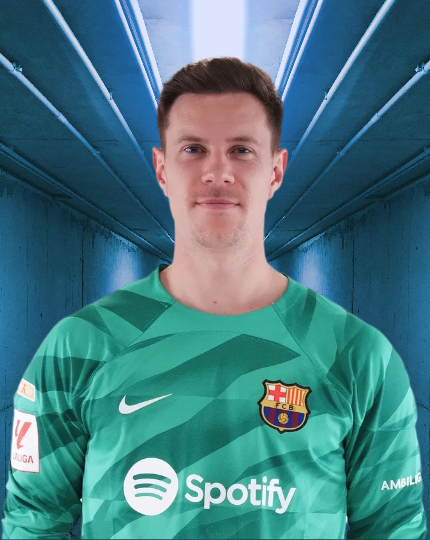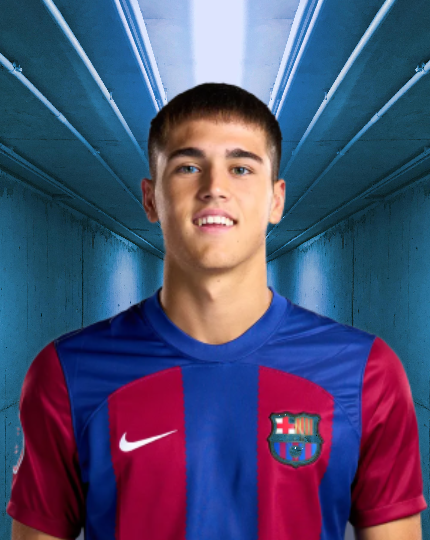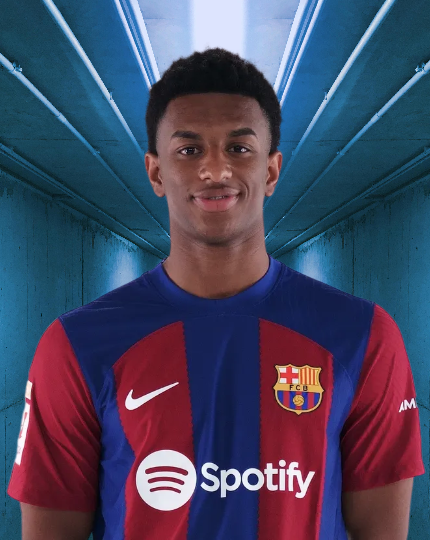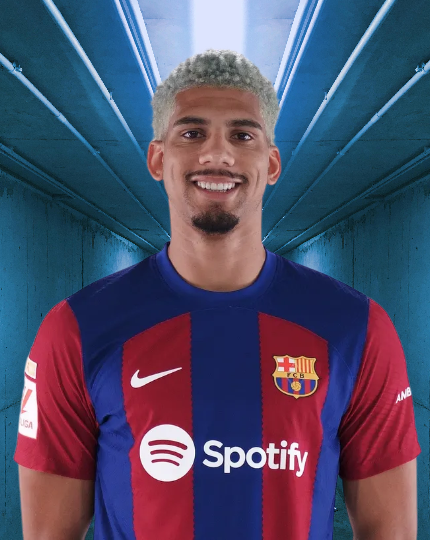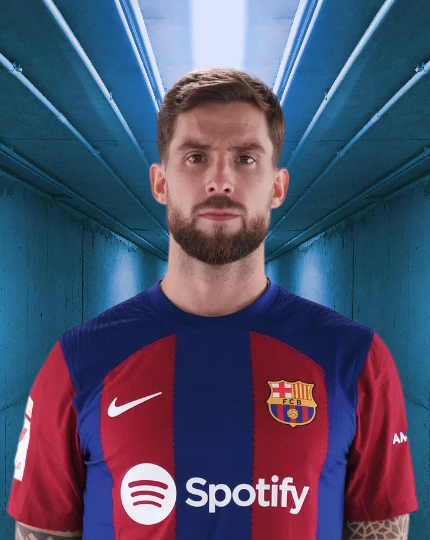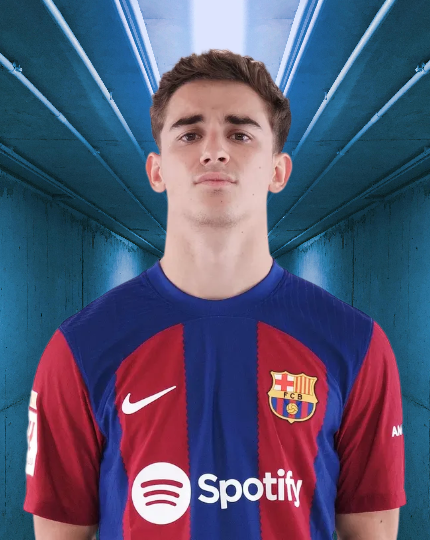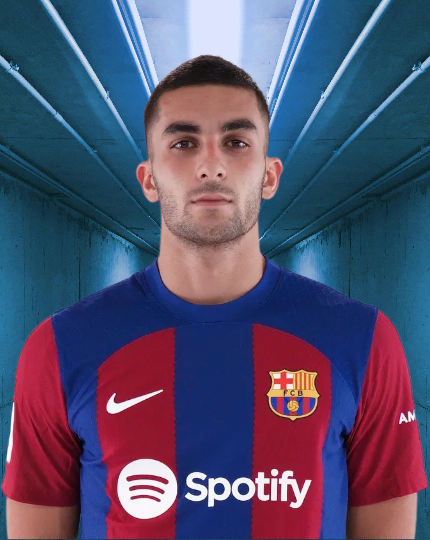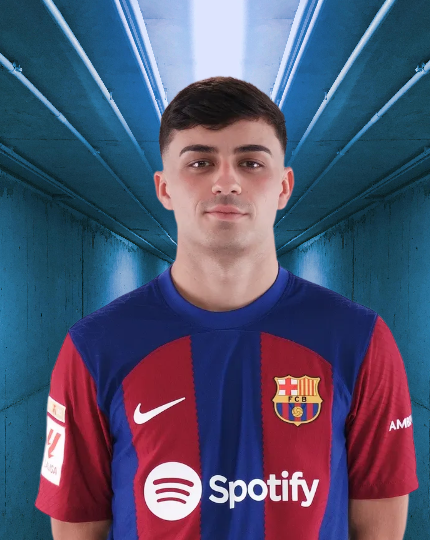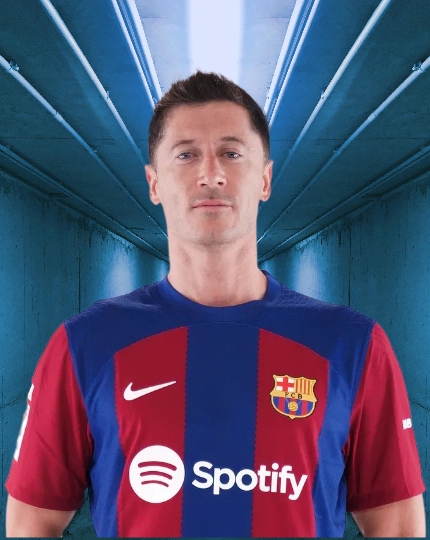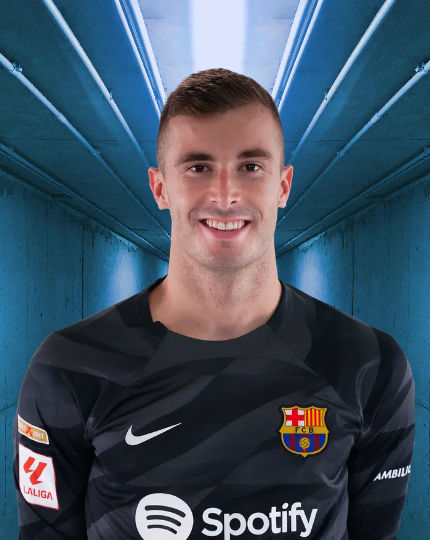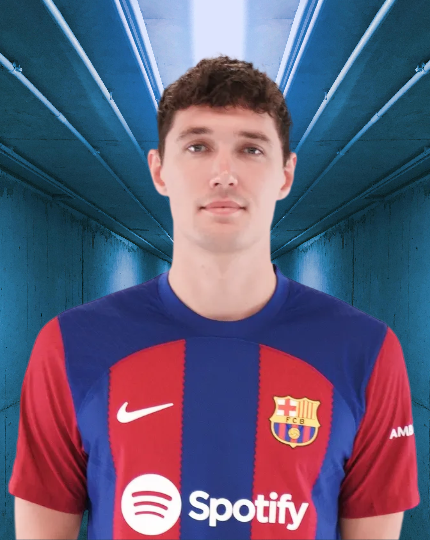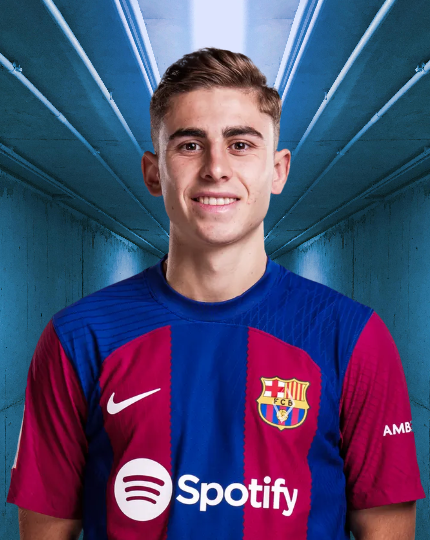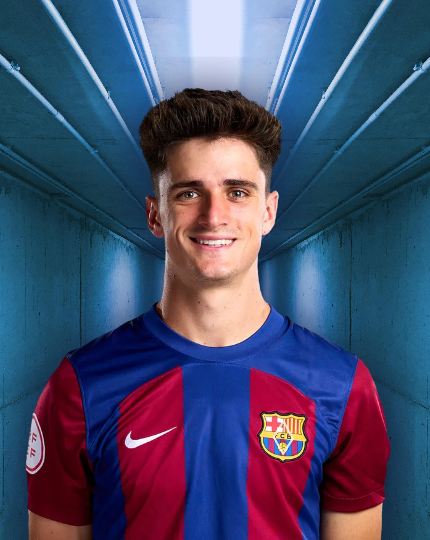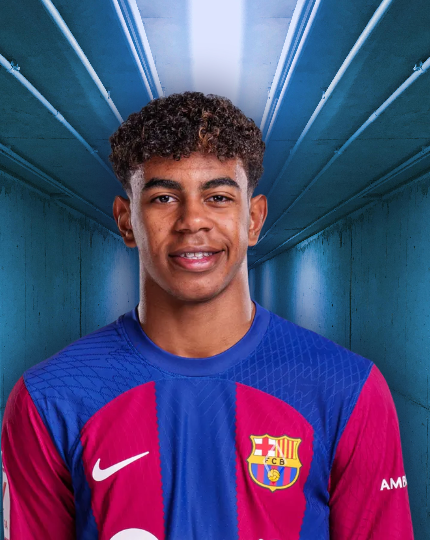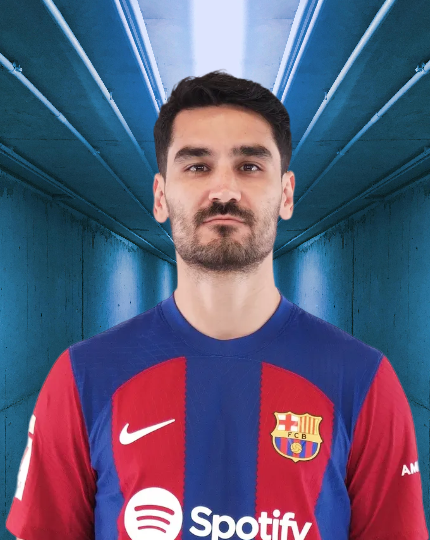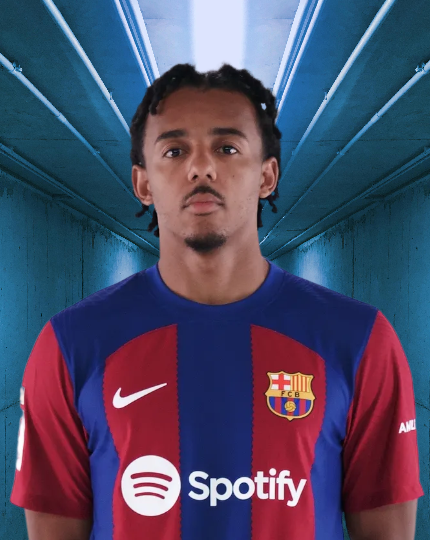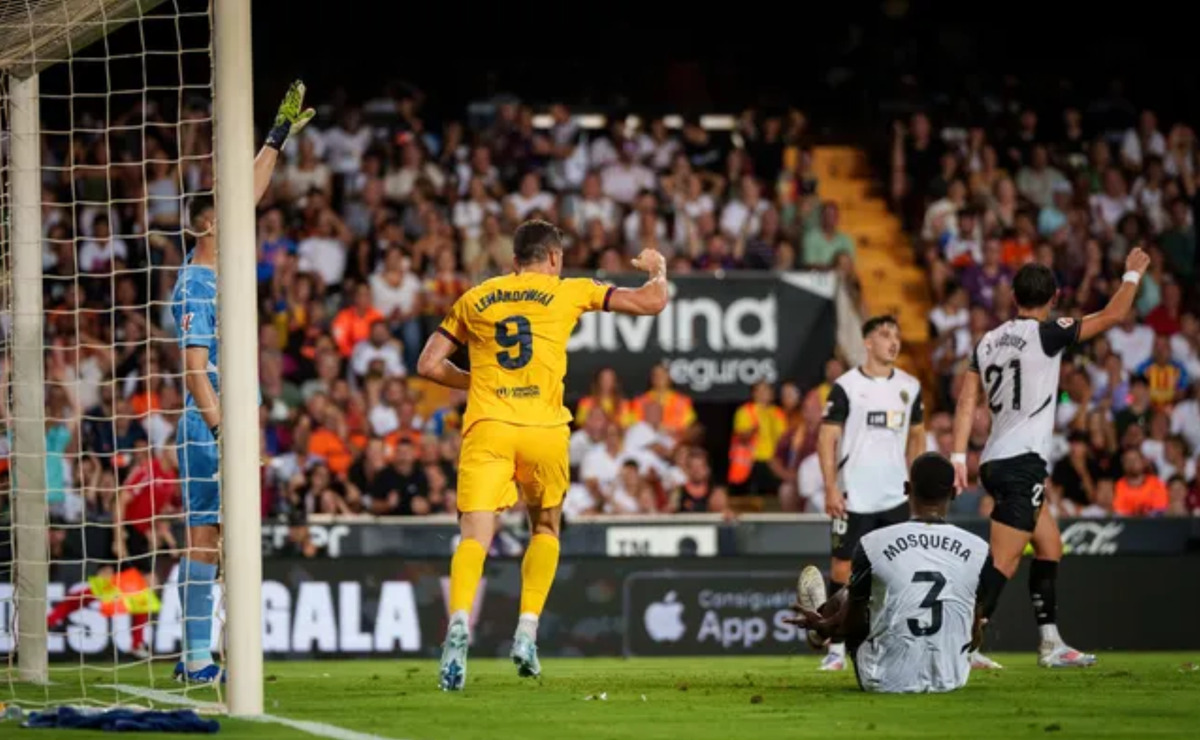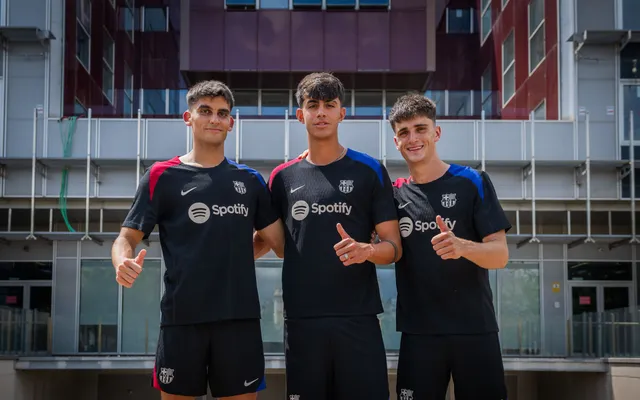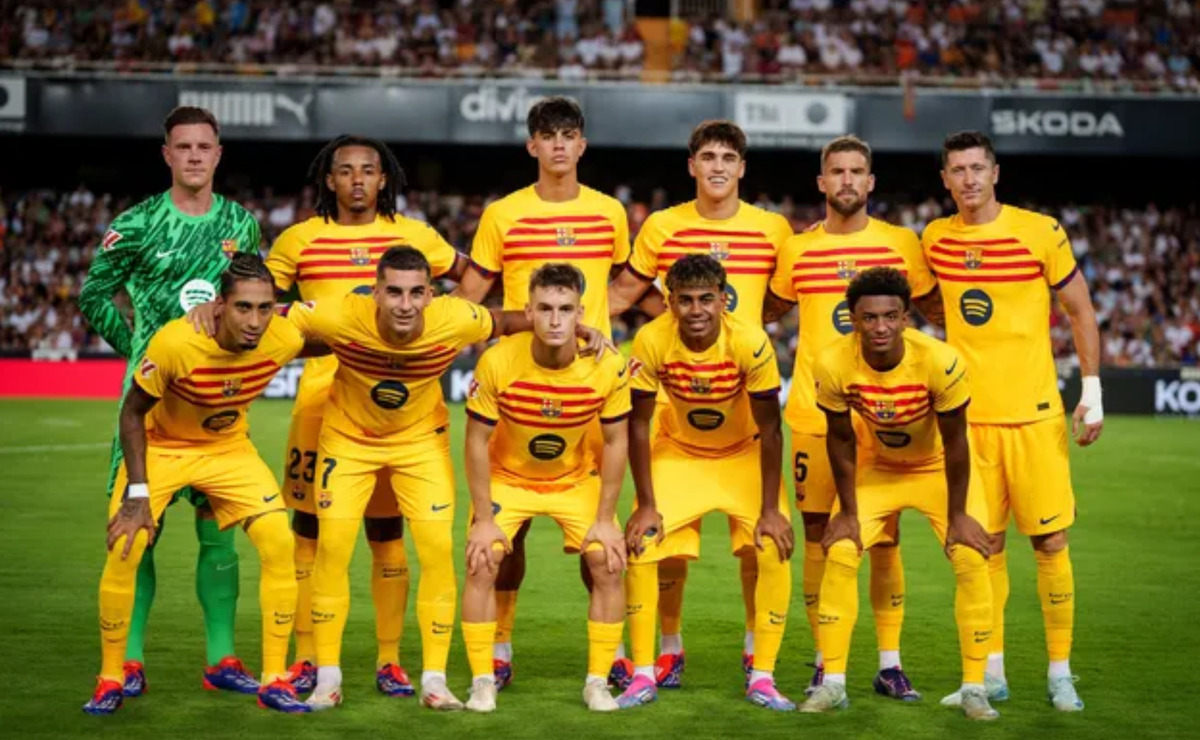1899
Established in
93
Champions
29
Current Players
The Ultimate Guide to FC Barcelona
FC Barcelona isn’t just a football club; it’s a symbol of excellence, passion, and rich history. With an unparalleled legacy, Barça has shaped the course of football, not to mention its extensive influence on global sports culture. The club’s impact is undeniable, from the magical nights at Camp Nou to their iconic blaugrana colors.
Boasting a fanbase that spans continents, FC Barcelona has produced legendary players like Lionel Messi and inspired millions worldwide. This post will explore the club’s storied past, its present significance, and why it remains a cornerstone of football history. Whether you’re a die-hard fan or new to the Barça experience, you’ll find valuable insights and fascinating facts about one of the most beloved institutions in sports.
History of FC Barcelona
FC Barcelona, known by fans as Barça, is a legendary football club with a rich history. This history has seen many ups and downs, but through it all, Barça has become one of the most famous clubs in the world.
Founding and Early Years
FC Barcelona was founded in 1899 by a group of Swiss, English, and Spanish footballers led by Joan Gamper. He placed an ad in a local sports magazine calling for players, and soon, FC Barcelona was born. The early years were not easy. The club faced many financial challenges and sometimes struggled to find players. But the team showed spirit and slowly gained loyal supporters.
In these early years, the club achieved its first taste of success. In 1902, they won their first trophy, the Macaya Cup. The foundation had been laid, and FC Barcelona’s journey had begun.
Rise to Prominence
The 20th century was a transformative period for FC Barcelona. By the 1920s, the club had established itself as one of the top teams in Spain. The construction of the Les Corts stadium in 1922 marked a significant milestone, offering a new home for the growing number of fans.
During the 1940s and 1950s, Barça began to make a name for itself in European competitions. The club’s rivalry with Real Madrid also intensified, giving rise to the famous El Clásico matches now watched by millions worldwide.
By the 1970s and 1980s, FC Barcelona was a major force in football. With the acquisition of international stars like Johan Cruyff, the team played an exciting, attacking style of football that won them many admirers. Cruyff’s role as a player and later as manager profoundly impacted the club and its playing philosophy.
Recent History and Success
The 2000s marked a golden era for FC Barcelona. Under the management of Frank Rijkaard and later Pep Guardiola, the club won numerous trophies. One of the most memorable achievements was winning the sextuple in 2009, securing all six major trophies available in one year.
Key players like Lionel Messi, Xavi, and Andrés Iniesta became household names. Their skill and teamwork helped Barça dominate both domestically and in Europe. Messi, in particular, has set numerous records and is often hailed as one of the greatest footballers of all time.
In recent years, the club has continued to achieve success. Despite facing challenges on and off the pitch, Barça remains one of the top football clubs globally. Their commitment to developing young talent through the famed La Masia academy ensures they always have a steady stream of skilled players ready to make their mark.
As FC Barcelona looks toward the future, its history reminds us of its resilience and passion for the beautiful game. The club’s journey from humble beginnings to global powerhouse is a testament to its enduring spirit.
Club Culture and Values
FC Barcelona is known for more than just its success on the field. The club is deeply rooted in a unique culture and values that make it stand out in soccer. From its famous motto to its commitment to youth development, Barcelona is a club with a strong identity and deep community ties.
Més que un club
The motto “Més que un club” translates to “More than a club.” This phrase isn’t just a catchy tagline; it embodies Barcelona’s philosophy. The club sees itself as more than just a sports team. It’s a symbol of Catalan identity, pride, and culture.
Barcelona is heavily involved in social and community programs. Whether supporting local charities, promoting social inclusion, or advocating for political causes, the club believes in using its platform for good. This involvement creates a strong bond between the team and its fans, who see the club as a vital part of their community and culture, not just a source of entertainment.
La Masia and Youth Development
La Masia, Barcelona’s youth academy, is legendary in soccer. The club’s greatest players, like Lionel Messi, Xavi, and Andrés Iniesta, came through its ranks. La Masia isn’t just a training ground; it’s a symbol of the club’s commitment to nurturing talent from a young age.
At La Masia, the focus isn’t just on developing great soccer players. The academy also aims to produce well-rounded individuals. Young players receive a balanced education, learning the importance of teamwork, discipline, and respect. The goal is to create athletes and role models who embody the club’s values.
The academy’s success has been extraordinary. La Masia graduates regularly make it to Barcelona’s first team and often become key players. This focus on youth development ensures a steady stream of talent, helping the club maintain its high standards and unique style of play.
Iconic Players and Managers
FC Barcelona is a club with a rich history and some of the most iconic figures in football. Players and managers have come and gone, but some have left an indelible mark on the club and the sport. Let’s dive into two of the most influential figures in Barcelona’s history: Lionel Messi and Johan Cruyff.
Lionel Messi
Lionel Messi is arguably the greatest player ever to don a Barcelona jersey. Born in Rosario, Argentina, Messi joined Barcelona’s youth academy, La Masia, at 13. From there, he quickly rose through the ranks, making his first-team debut in 2004 when he was just 17 years old.
Messi’s impact on the club is unparalleled. Over his time at Barcelona, he won:
- 10 La Liga titles
- 7 Copa del Rey trophies
- 4 UEFA Champions League titles
But it’s not just the trophies that make Messi unique. His ability to change a game with his dribbling, vision, and scoring is unmatched. He has broken numerous records, including becoming Barcelona’s all-time top scorer with over 600 goals.
What made Messi so effective? His quick feet, sharp mind, and unrelenting drive. You never knew what magic might happen next when Messi was on the field. His partnership with other great players made Barcelona a force reckoned with in Spain and Europe.
Johan Cruyff
Johan Cruyff is a name every Barcelona fan holds in high regard. Cruyff’s influence on Barcelona is twofold: as an extraordinary player and as a visionary manager.
Cruyff joined Barcelona in 1973 from Ajax as a player. He brought flair, skill, and a winning mentality, leading the team to a La Liga title in his first season. Cruyff’s playing style and intelligence on the pitch were a treat for fans and a nightmare for opponents.
As a manager, Cruyff’s impact was even more profound. He took over in 1988 and introduced the famous “Tiki-Taka” playing style, focusing on short passes and maintaining possession. This approach revolutionized how Barcelona played football and set the foundation for future success. Under Cruyff’s management, Barcelona won:
- Four consecutive La Liga titles (1991-1994)
- 1 UEFA Champions League title in 1992
- 1 Copa del Rey trophy
Cruyff’s emphasis on youth development and attacking football transformed Barcelona into a powerhouse. His training methods and philosophies inspired future managers like Pep Guardiola, shaping a generation of footballers.
In summary, Lionel Messi and Johan Cruyff are pillars of FC Barcelona’s history. Their contributions are not just in the records and trophies but in the hearts of fans and the annals of football legends.
Rivalries and El Clásico
The rivalry between FC Barcelona and Real Madrid, known as El Clásico, is one of football’s most intense and storied matchups. This section delves into the historical context and some of the most memorable matches defining this epic rivalry.
Historical Context
The rivalry between FC Barcelona and Real Madrid isn’t just about football; it’s also about culture, politics, and regional pride. The tension between these clubs dates back to the early 20th century. Barcelona, the pride of Catalonia, often symbolizes the region’s desire for independence and cultural identity. On the other hand, Real Madrid has long been seen as the team of the Spanish establishment and even the dictatorship of General Franco.
This political and cultural backdrop adds a layer of significance to each match. For many Catalans, beating Real Madrid is more than just a win on the pitch—it’s a statement of defiance. For Madrid supporters, defeating Barcelona reinforces their dominance and unity. This makes El Clásico not just a football game but a clash of ideals.
Memorable Matches
Over the years, several El Clásico matches have stood out for their intensity, drama, and unforgettable moments. Here are a few key matches that have defined this historic rivalry:
- June 13, 1943: Real Madrid 11-1 Barcelona
This match remains the highest-scoring El Clásico in history. Real Madrid’s 11-1 victory is still controversial, with rumors of political pressure and intimidation influencing the outcome. - April 21, 2012: Barcelona 1-2 Real Madrid
Known as “The Match That Ended the Era,” this game saw Real Madrid defeat Barcelona at Camp Nou, practically sealing Los Blancos’s La Liga title. Cristiano Ronaldo scored the winning goal, silencing the crowd and signaling a power shift. - March 2, 2019: Real Madrid 0-1 Barcelona
This match was memorable for the result and what it symbolized. With a decisive goal from Ivan Rakitić, Barcelona secured their third consecutive win at Santiago Bernabéu, showcasing their dominance during that period. - November 29, 2010: Barcelona 5-0 Real Madrid
Often referred to as “The Humiliation,” this game saw Barcelona crush Real Madrid in what many consider Pep Guardiola’s finest moment as Barca’s manager. That night’s dominance has left an indelible mark in El Clásico history.
These matches are more than just games; they are chapters in a long, heated rivalry. Whether it’s a crushing defeat or a narrow win, each El Clásico adds to the rich tapestry of stories that make this rivalry so compelling.
Stay tuned for more in-depth sections on different aspects of FC Barcelona, which will provide more significant insights into the club’s legacy and current status.
Stadium and Fan Experience
Experiencing FC Barcelona isn’t just about the matches; it’s about the atmosphere, the history, and the community. Here’s a closer look at what makes it so unique to be a fan of one of the most legendary football clubs in the world.
Camp Nou: A Historical Venue
Camp Nou, the heart and soul of FC Barcelona, stands as a testament to football history. Opened in 1957, it’s more than a stadium—it’s a landmark. With a seating capacity of nearly 100,000, it’s the largest stadium in Europe. The architecture is stunning, designed to provide a panoramic view from every angle.
But it’s not just about size. Over the years, Camp Nou has hosted countless iconic moments. Think about Johan Cruyff’s legendary goals, Lionel Messi’s game-winning plays, and epic Champions League nights. These memories make Camp Nou a sacred ground for football fans worldwide.
Stepping into Camp Nou on matchday is an unforgettable experience. The crowd’s roar, the sea of Blaugrana (the club’s colors), and the sheer passion are palpable. Fans feel part of something bigger, a tradition that spans decades.
The Barcelona Fanbase
The passion for FC Barcelona extends far beyond the city. Thanks to its rich history and success, Barça boasts a global fanbase that rivals any other football club. Fans proudly wear the crest from Asia to the Americas and follow every match.
FC Barcelona’s community engagement isn’t just local; it’s worldwide. The club uses social media, fan clubs, and community events to connect with its supporters. They host meet-and-greets, charity events, and even virtual fan experiences to make everyone feel like part of the Barça family.
- Social Media: FC Barcelona’s presence on platforms like Instagram, Twitter, and Facebook keeps fans updated and engaged.
- Fan Clubs: With official fan clubs in many countries, fans can connect locally and share their passion.
- Events: From charity matches to youth camps, Barça interacts with the community on multiple levels.
Being a Barcelona fan means more than just watching games; it’s about being part of a global community that shares a love for football and the values that the club represents.
Feeling the energy in Camp Nou or joining a local fan club, being a Barça fan offers an immersive experience that few clubs can match.
Current State of FC Barcelona
FC Barcelona, one of the most iconic football clubs in the world, is at a critical juncture. Let’s explore the current management and ownership dynamics, the team’s recent performance, and its future outlook.
Management and Ownership
FC Barcelona’s current management structure and ownership are complex. The club is a member-owned organization, which adds a unique twist to its operations. Joan Laporta, who returned as club president in 2021, faces a challenging landscape. His team includes experienced members focused on restoring the club’s financial health and competitive standing.
Ownership issues stem primarily from past financial mismanagement. Debt levels soared, affecting the club’s ability to sign new players and retain key talent. With a significant portion of revenue dependent on matchdays and merchandising, the COVID-19 pandemic hit especially hard.
Laporta and his board have been proactive in addressing these concerns. They’ve implemented cost-cutting measures, renegotiated player contracts, and sought new sponsorship deals. But challenges remain. The financial strain affects the football operations and the club’s ability to upgrade its facilities, including the historic Camp Nou.
Recent Performance and Future Outlook
Barça’s recent performances have been mixed. In La Liga, the team has shown flashes of brilliance but has struggled to maintain consistency. Key players like Lionel Messi—who left for Paris Saint-Germain in 2021—created a void that was hard to fill.
On the domestic front, the club has had some success in the Copa del Rey but failed to dominate La Liga as they once did. Internationally, their performance in the UEFA Champions League has been less than stellar. Early exits in recent seasons have frustrated fans and management alike.
Despite these struggles, there are reasons for optimism. The club has invested in young talents like Pedri, Ansu Fati, and Gavi, who are expected to be the backbone of the future team. The management also focuses on building a squad that relies on star power and emphasizes teamwork and tactical flexibility.
Looking ahead, the future is uncertain but promising. If the financial restructuring and strategic planning pay off, FC Barcelona could reclaim its spot among Europe’s elite. The upcoming seasons will be pivotal, as the club aims to balance financial stability with on-field success.
Conclusion
FC Barcelona has reshaped football with its distinctive style and success. The club’s influence stretches beyond the field, impacting global culture and uniting fans worldwide.
With its rich history and commitment to excellence, Barcelona continues to set the bar high.
Explore what keeps FC Barcelona at the forefront of football by staying connected with the latest updates and insights.
Share your thoughts on what you think makes FC Barcelona unique.
Thank you for your time, and join the discussion to celebrate this iconic club.

Champions League
05/06 - 08/09 - 10/11 - 14/15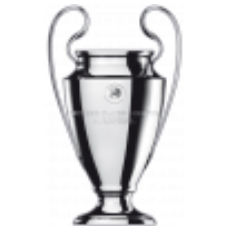
European Champion Club's Cup
91/92
UEFA Super Cup
1998 2000 2002 2007 2010 2013
FIFA Club World Cup
1960 1966 1998 2002 2014 2016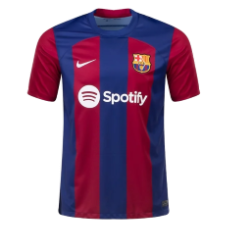
Home Jersey
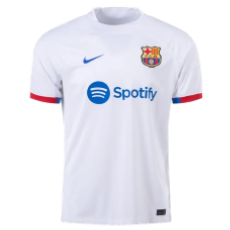


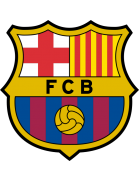 Barcelona
Barcelona 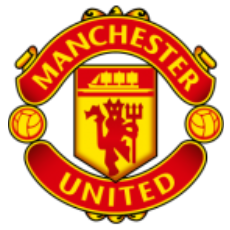 Manchester United
Manchester United 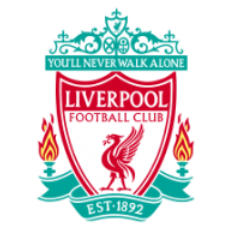 Liverpool
Liverpool 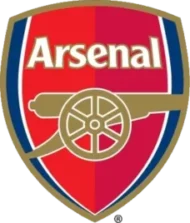 Arsenal
Arsenal 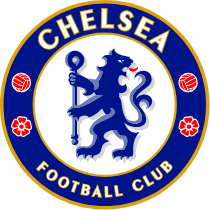 Chelsea
Chelsea 